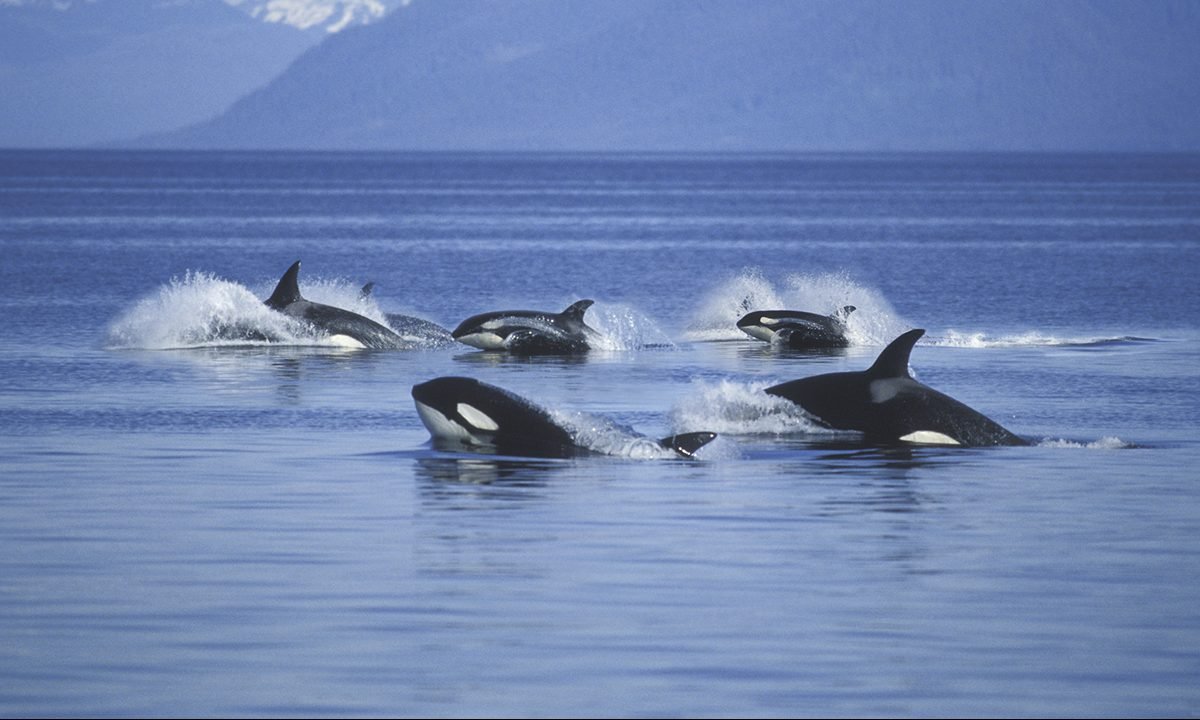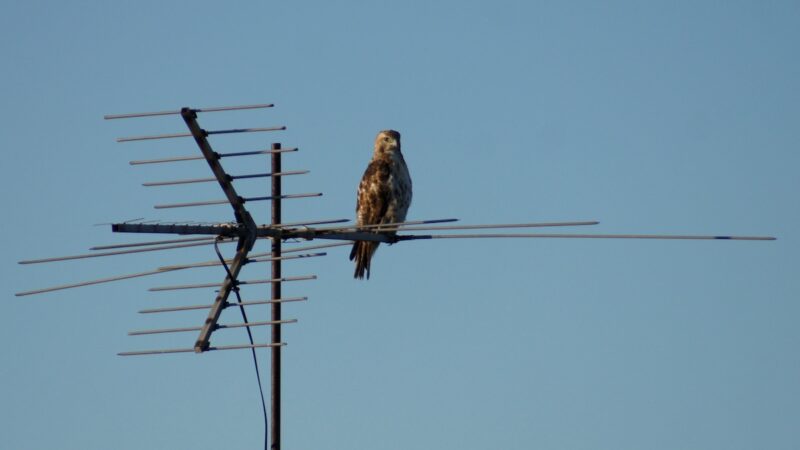Why Are Orcas Attacking Boats?

While the New York Times is warning the world about the dangers of AI and “self-planning machines,” recent ocean-wide events suggest our fears might be misdirected as orca attacks on are on the rise; and it seems these recent attacks on boats and yachts are planned and coordinated by these intelligent animals.
National Geographic states that “orcas, or killer whales, are the largest of the dolphins and one of the world’s most powerful predators,” and they are often referred to as the wolves of the sea.
Orca attacks on vessels are not new. The first recorded incident occurred in May 2020 with minimal press, and according to Scientific American, the Cruising Association, and Grupo Trabajo Orca Atlantica (GTOA), there have been 505 recorded cases since then, many in a concentrated area referred to as Orca Alley in the Strait of Gibraltar.
New reports are using heavily anthropomorphized language such as “gangs” of orcas that are “coordinating attacks” because of being “traumatized by boats,” and they refer to the orcas’ supposedly vengeful leader as White Gladis.
What To Do If An Orca Attacks Your Boat
There are even articles from GTOA on what to do if an orca attacks your boat, including advice like “stop your boat and wait for the orcas to get bored.”
Here are the key points on how to avoid and/or wait out an orca attack:
- Keep your distance (150-350 feet)
- Turn off your engine or slow down and drop sails
- Approach the orcas only from the side
- Keep hands away from wheel or tiller to avoid injury
- When safe, start to slowly reverse
- Keep authorities informed of your situation
- Stay low on deck to avoid capturing the orcas’ attention
- Hold on tight in the event of ramming
- Stealthily record photos and videos, if possible
- Note your location and the time to help future reporting
- Wait for a while before leaving to ensure your safety





